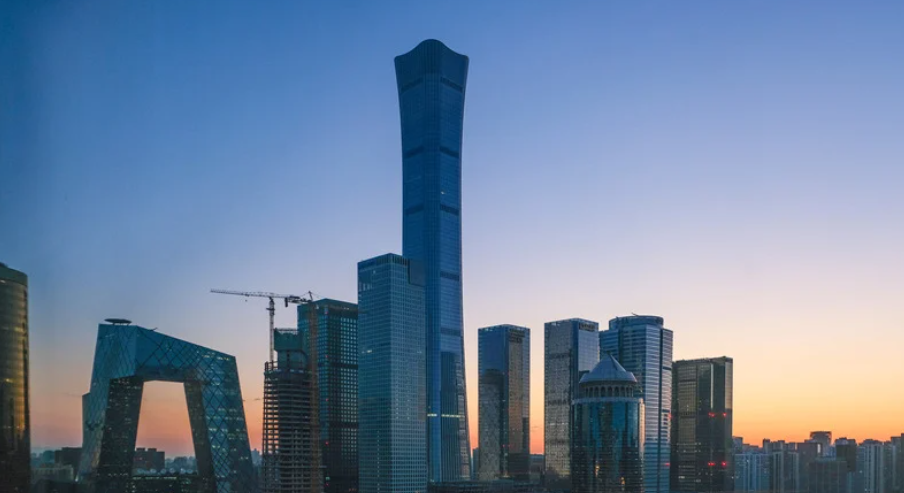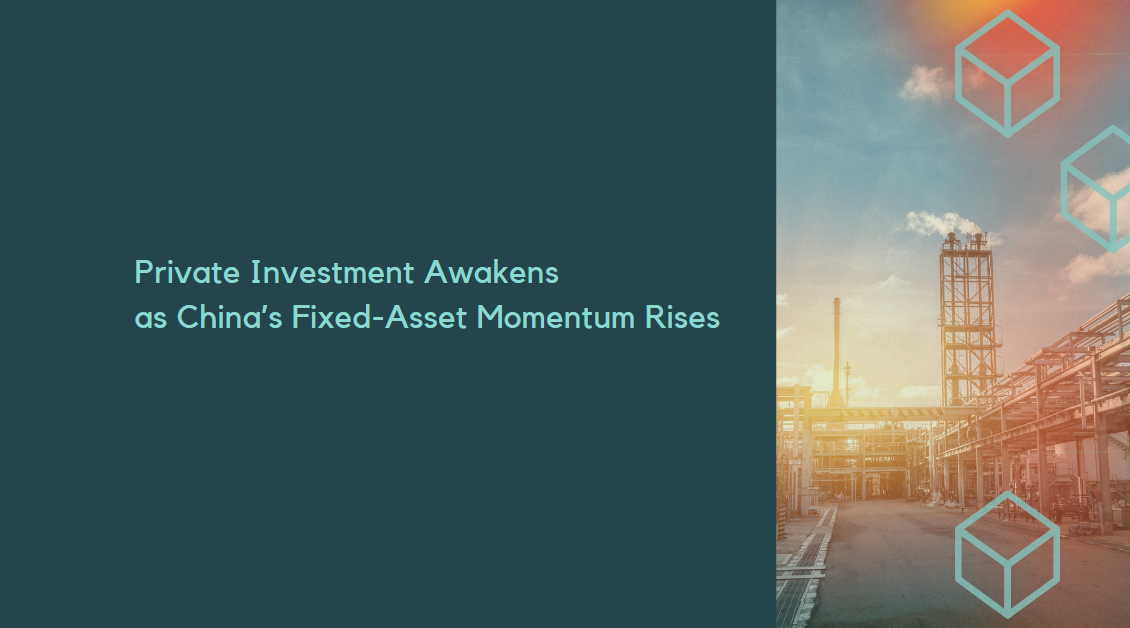Beijing’s Sub-Center Charts a New Course for Business: Institutional Innovation, Global Dialogue, and Youth Entrepreneurship at the Core
As global cities race to attract capital, talent, and innovation, Beijing's sub-center in Tongzhou is positioning itself as a dynamic hub for reform and international collaboration. With a bold plan of 107 targeted reforms and the launch of the G20 Young Entrepreneurs'Alliance (China) International Salon, the district is fast becoming a focal point for global enterprise and cross-border innovation.
Reinventing the Rules of the Game
Tongzhou has launched one of the most ambitious business environment reform programs in Beijing. Spanning six dimensions—market mechanisms, legal transparency, governance efficiency, openness, human development, and regional integration—the district's 2025 roadmap includes 107 initiatives designed to spark innovation and attract investment.
At its core is a “1+1+N” policy framework supporting major projects and a wave of next-generation industrial clusters. The aim? Four ¥100-billion-level industrial clusters and eleven ¥10-billion-level ecosystems, powered by green energy, smart manufacturing, and digital technologies. Some 500 “Little Giant” firms—China's fast-growing, innovation-focused SMEs—are being cultivated as future leaders of high-value industry.
This isn't just regulatory fine-tuning—it's a wholesale rethink of how business and government interact. Tongzhou is creating a rules-based, transparent system built around trust and credit, with performance-based public procurement and incentives tied to innovation.
On the consumer side, the district is rolling out new lifestyle and tourism initiatives to stimulate internal demand—blending cultural heritage with new commercial spaces to make consumption a driver of sustained growth.

Rule of Law as Business Infrastructure
Behind every dynamic market is legal certainty. Tongzhou is rapidly building a more predictable legal framework, where compliance is rewarded and enforcement is smart. Over half of inspections now happen off-site to minimize disruptions. More than 10% of businesses enjoy “no unnecessary interference” status.
Commercial dispute mechanisms—mediation, litigation, arbitration—are being streamlined, creating faster and more transparent pathways to resolve conflicts. For international firms and their legal advisors, this is key to reducing operational risk and safeguarding contracts.
Governance with Business at the Center
Administrative efficiency is getting a digital overhaul. Tongzhou's “Smart Tongban” platform offers one-stop digital services for businesses, with new mechanisms to address project approvals and construction permits. Customized “service packages” tailored to enterprise needs are being scaled up, and the “Tongtongban” enterprise portal is using big data to solve real-time problems.
The reform isn't just top-down; it's demand-driven. Public satisfaction, market feedback, and enterprise experience are the new KPIs for success.
A More Open, International Posture
The sub-center is evolving into an international-facing node of Beijing. Market access barriers are being lowered through pilot reforms in the Free Trade Zone and service trade demonstration areas. New systems are in place to assist foreign investors—from regular roundtables to complaint-handling mechanisms—signaling a shift toward proactive engagement.
Increased hosting of international business forums and innovation summits is not symbolic—it's strategic. Tongzhou is embedding itself into global business and research networks to attract not just capital, but also knowledge and talent.
Talent as the Foundation
Infrastructure is important—but people make a city competitive. Through its “Canal Talent Plan,” Tongzhou is investing in skilled professionals across industries. From labor services to re-skilling in AI and green tech, the district is aligning workforce development with its industrial ambitions.
Meanwhile, education, healthcare, and elderly care services are being upgraded in parallel. For companies seeking long-term presence, this integrated people-first approach enhances the appeal of setting up shop here.
From Sub-Center to Regional Engine
Tongzhou's transformation is increasingly regional in scale. Ties with Xiong'an New Area are deepening, and collaboration with surrounding counties is intensifying. This positions Tongzhou as a central node in the Beijing-Tianjin-Hebei economic corridor—critical for firms eyeing supply chain efficiency or regional headquarters.
As Sun Rui, head of the Tongzhou Development and Reform Commission, put it: “Market feedback is our benchmark. Enterprise experience is our guide. Public satisfaction is our goal. We are building soft power with hard infrastructure.”
The G20 Youth Salon: A Global-Local Bridge
In early April, Tongzhou welcomed a new chapter in global engagement: the launch of the G20 Young Entrepreneurs'Alliance (China) International Salon. Backed by Beijing's Investment Promotion Center and local authorities, the Salon brings together young business leaders from G20 nations to explore digital tech, green energy, and cultural industries.
Entrepreneurs toured the Xiaomi car factory and Beijing's humanoid robotics center—flagship projects in the district's high-end manufacturing push. The Salon isn't just symbolic—it's a platform for investment, idea exchange, and cross-border ventures.
As Tongzhou Party Secretary Meng Jingwei noted, “This sub-center is fast becoming a city of opportunity, innovation, and international connectivity. We welcome entrepreneurs and businesses worldwide to grow with us.”





















































First, please LoginComment After ~